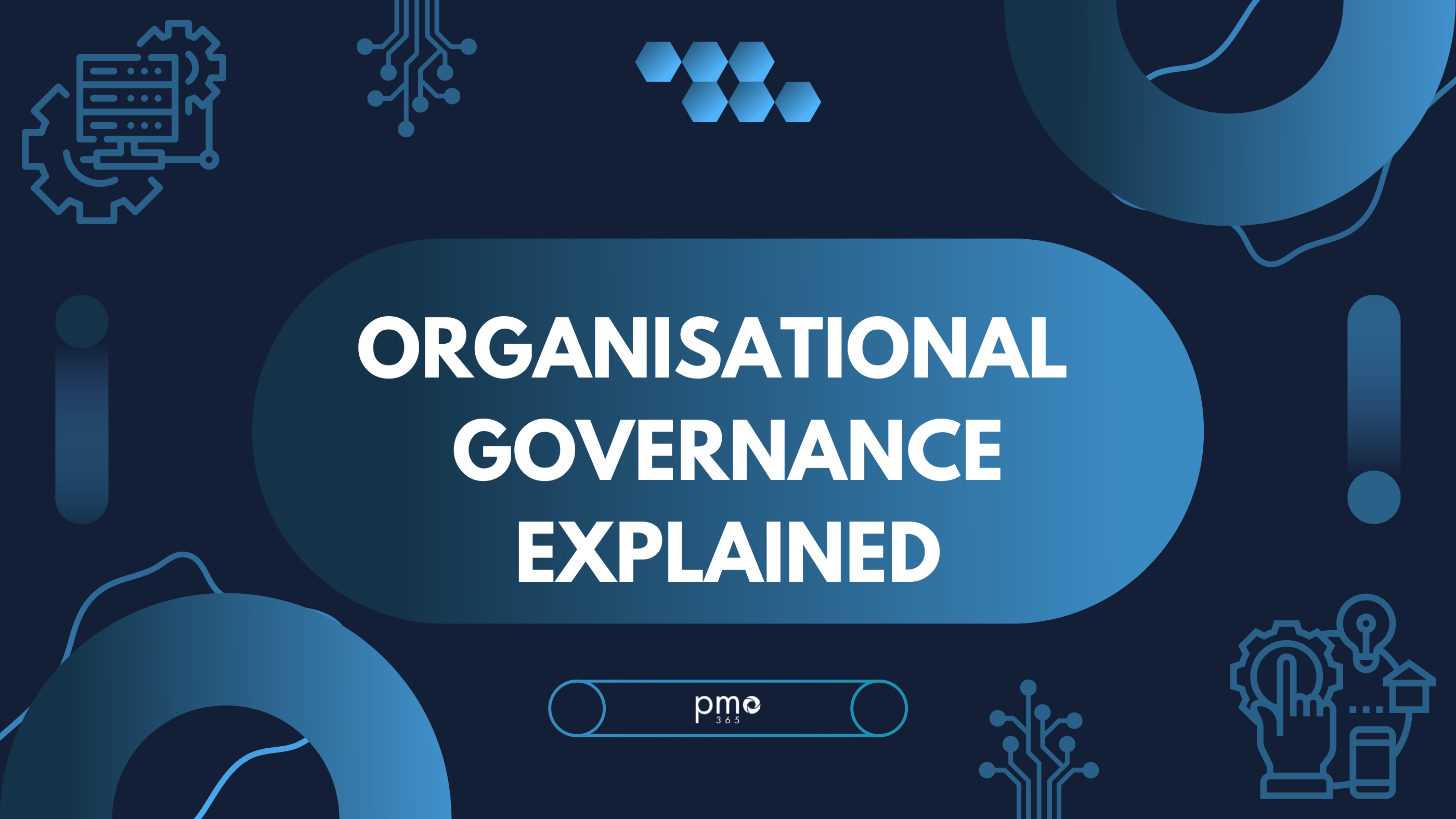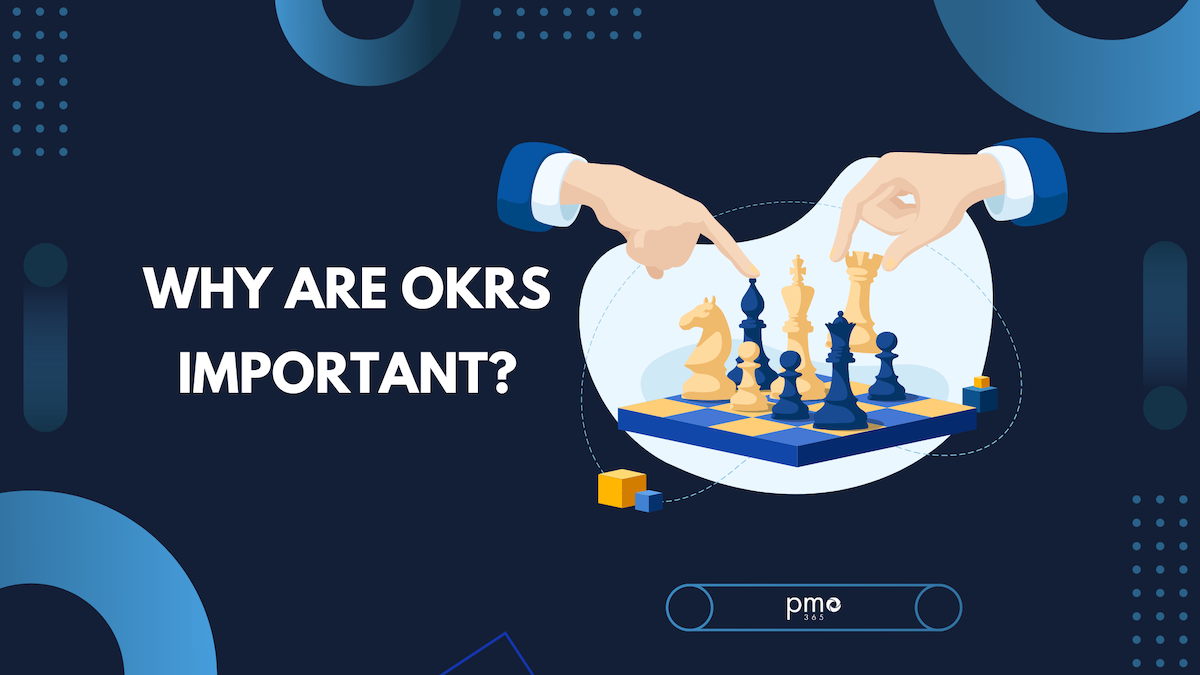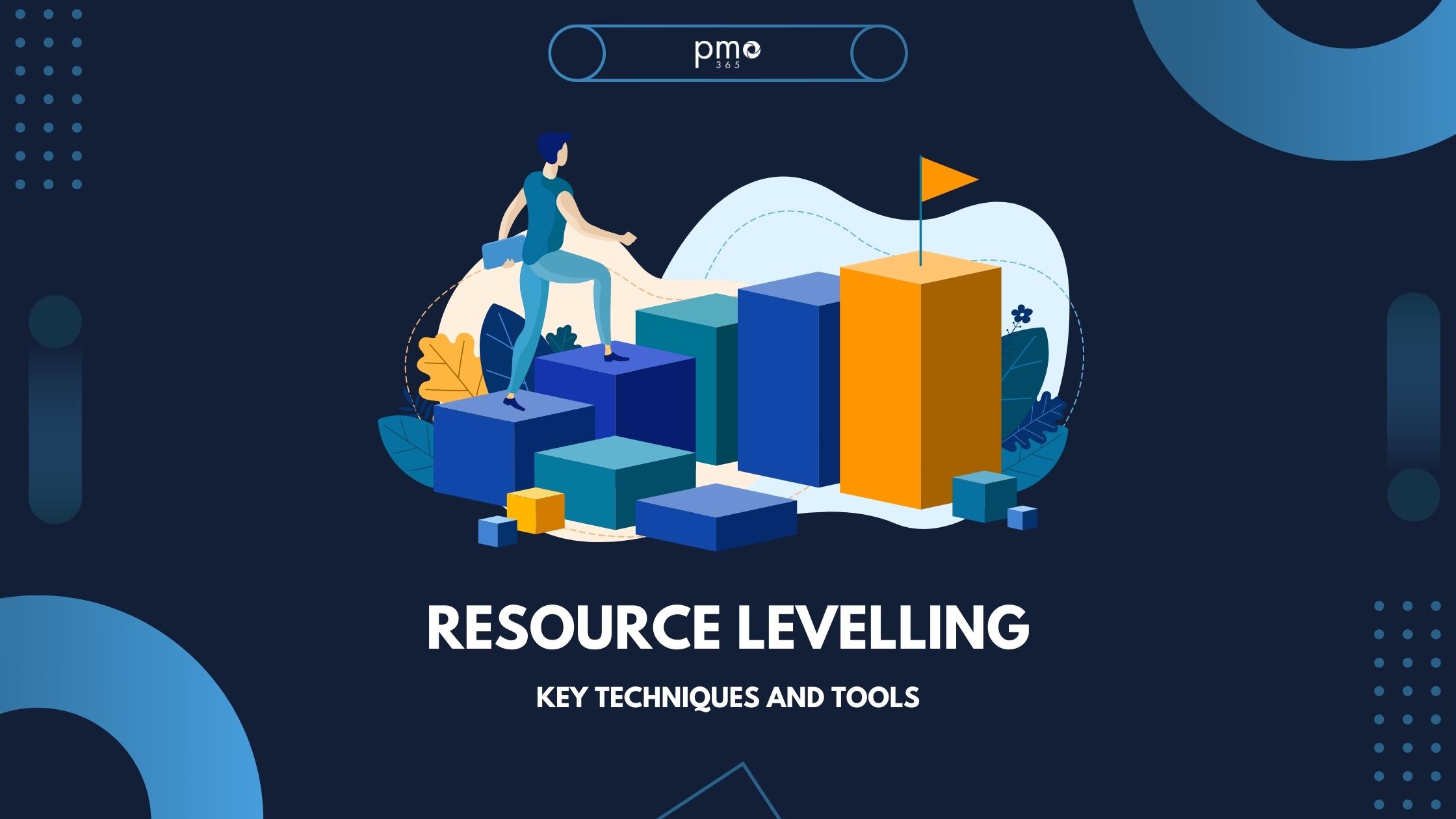Project governance is one of the most critical elements to project success. It helps give project managers direction, clarity and confidence. In this way, your project team can independently make decisions that produce value for the organisation. However, when governance fails, the effects can be detrimental to both teams and projects.
Here’s five examples of poor project governance and the consequences these can have.
What is Good Project Governance and what are its benefits?
Project governance is the systems and processes that define responsibility, accountability and decision-making mechanisms over a project. It is a critical component for project success, as it enables teams to have the clarity and confidence when making decisions.
Historically, traditional linear project frameworks has dominated project governance literature and discourse. As a result, project governance has often become synonymous with bureaucratic rules and stage-gate processes, confining project governance to its outcomes and techniques rather than its intended purpose.
The main purpose of project governance is to establish procedures and structures that support project delivery. As a result, these structures ensure you consider all relevant stakeholders, and that all activities are aligned to strategic objectives.
The benefits of good project governance include its ability to:
- Provide clarity and accountability over projects
- Improve project scope management
- Enable proper project risk and issue management
- Streamline project processes, communication and decision-making
Read more about project governance benefits here.
When Governance Fails: the Consequences
Now we have a better idea of what project governance is and the benefits it bestows. Here are some examples of what happens when things go wrong.
1. Untimely and uninformed decision-making
“There are two key elements of good governance. The quality of the decision made, and the quality of the team making those decisions. The two work hand in hand.”, says Ken Lowe, the Managing Director of Systemix.
It can be argued that good project governance is all about facilitating decision-making. But that does not come as a given. Without a proper project governance framework, project managers may struggle to make decisions with good timing, and this is when governance fails.
Often, project governance frameworks are drafted onto an organisation’s processes without consideration of their pre-existing needs and cultures. This often results in a complex framework that frustrates project teams, and do not assist better decision-making.
Other times, project governance frameworks can also be incomplete, or don’t consider broader factors. This leads to frameworks that do not give managers enough accurate information to make informed decisions.
When agility and accuracy aren’t valued reflected in the governance framework, costly mistakes are made and opportunities missed. Good governance has the main aim of providing managers with confidence to make better decisions, faster.
2. Project delays and overruns
Ineffective decision-making often leads to project delays and cost overruns. Sometimes, the issue is that project governance that is overly complex. When this is the case, project governance can easily devolve into a matter of checking boxes and getting approvals. Often, that reduces team agility and responsiveness to ongoing changes.
Similarly, when project governance is overly simplified, unexpected issues can have greater ramifications. This is particularly problematic when it affects project budget, delivery times, or external stakeholders.
One of the key contributors to this problem is often ambiguity in project objectives. Projects should always have a clearly defined end goal. Ambiguity in projects can result in dis-unified efforts or miscommunication between teams.
Effective governance makes these aims and objectives clear, ensuring that processes and objectives are defined clearly.
3. Breakdown in communications and collaboration
A big factor contributing to project success is how well an organisation or team can manage people. Projects always involve a certain degree of complexity, with different agendas and perspectives that collide in the project space.
Without a proper governance structure over project objectives, roles, and collaboration, projects can quickly unravel into turf wars. This can result in teams losing sight of the project objectives.
Project governance creates a culture that encourage people to collaborate, while defining key actions and objectives. Effective governance considers how decisions are made to minimise conflict.
4. Increased exposure to risks
As mentioned before, project governance is about helping an organisation make effective and strategically aligned decisions. It takes into account the economic, environmental, and social impacts of project activities and outcomes. As transparency of organisations is becoming increasingly valued, it is critical to ensure projects comply with all legal and environmental requirements. A study conducted by Forbes suggests that 90% of consumers will be loyal to brands if there is complete supply chain transparency. If your frameworks are too limited and short-sighted, an organisation can expose itself to unnecessary risks to their finances and reputation.
Additional reading: Sustainable project management explained
5. The falling apart of stakeholder engagement and trust
When governance fails, its often because they don’t consider stakeholders. Sporadic engagement with stakeholders compromises the project’s success, as it limits the input and communication of stakeholders with the project team. If teams do not know what is expected, how will they deliver the intended value of the project?
Successful project governance frameworks ensure that stakeholders are engaged, requirements are met, expectations are set, and trust is maintained. When teams are confident in what is expected of them, they can confidently make decisions to achieve expectations. Projects are more likely to fill expectations at completion, without wasting time and resources.
Good governance maximises resources, optimising them to make ensure teams are using them effectively.
Achieve Governance Success with pmo365
Our team at pmo365 know how important good project governance. We are also know that achieving it may not be simple, especially if your PPM solution isn’t the best fit. Check out how our PPM solution can automate, analyse, optimise and visualise your project governance activities.
If you want to know more about project governance in different methodological contexts, make sure to check out our post on Project Governance in Agile.













